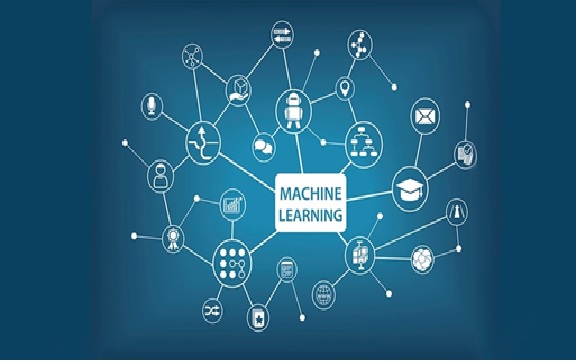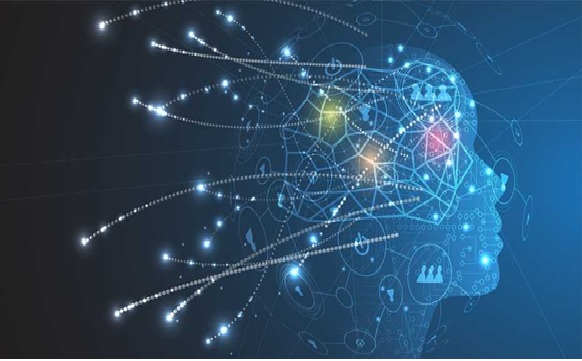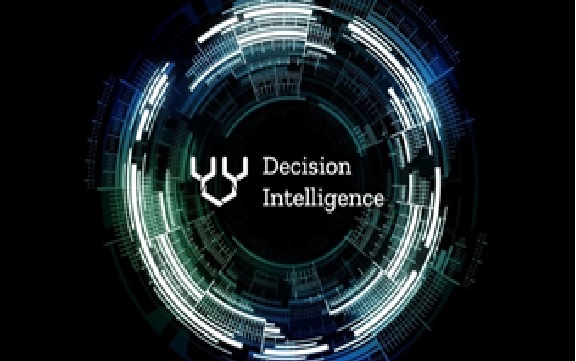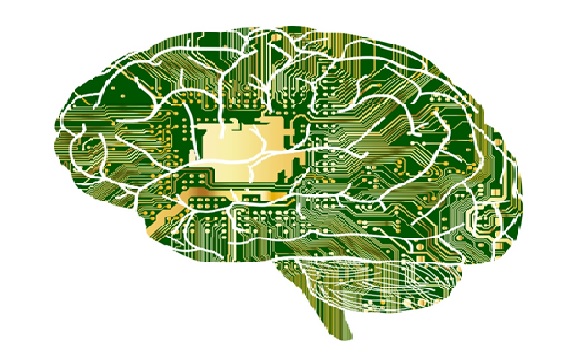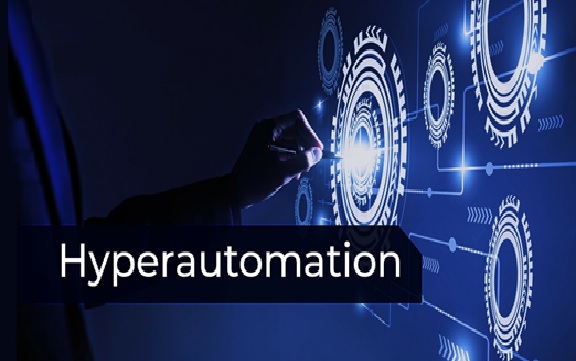Azure Cognitive Services integration: Machine Learning (ML)
Azure Cognitive Services are cloud-based artificial intelligence (AI) services that help you build cognitive intelligence into your applications. They are available as REST APIs, client library SDKs, and user interfaces. You can add cognitive features to your applications without having AI or data science skills. Cognitive Services enable you to build cognitive solutions that can see, hear, speak, understand, and even make decisions. [1]
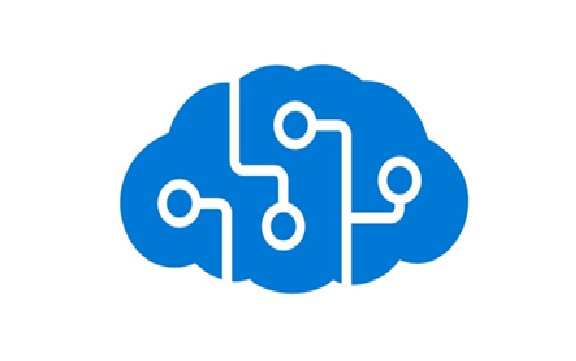
Figure 1. Azure Cognitive Services integration: Machine Learning (ML)
Figure 1 shows azure Cognitive Services (ACS) is now integrated with Power BI Premium, opening up the door for users to leverage pre-trained machine learning models for greater insights.
With ACS (no subscription required), business-level Power BI users can apply different ML algorithms to enrich their data during the self-service data preparation for data flows, which is the process of ingesting, cleansing, transforming, integrating and curating data from numerous sources in the business
Power BI now stores these ACS and ML-enhanced data flows in Azure Data Lake Storage, providing broader access to data engineers and data scientists throughout your organisation to leverage more advanced tools like Azure Databricks, Azure Machine Learning and Azure SQL Data Warehouse and apply additional advanced analytics and AI-driven capabilities to datasets.
Currently, there are four intelligent pre-trained models we can apply in Power BI to our text-based and image-based datasets:
- Language detection
- Key phrase extraction
- Image tagging
- Sentiment scoring. [2]
Cognitive Services and Azure Machine Learning (AML) similar:
Both have the end-goal of applying artificial intelligence (AI) to enhance business operations, though how each provides this in the respective offerings is different.
Generally, the audiences are different:
Containers for Cognitive Services
Azure Cognitive Services also provides several Docker containers that let you use the same APIs that are available from Azure, on-premises. These containers give you the flexibility to bring Cognitive Services closer to your data for compliance, security, or other operational reasons. For more information, see Cognitive Services Containers. [4]
References:
- https://docs.microsoft.com/en-us/azure/cognitive-services/what-are-cognitive-services
- https://xo.xello.com.au/blog/power-bi-top-no-code-ai-and-machine-learning-features
- https://docs.microsoft.com/en-us/azure/cognitive-services/cognitive-services-and-machine-learning
- https://docs.microsoft.com/en-us/azure/cognitive-services/what-are-cognitive-services
Cite this article:
Thanusri swetha J (2022), Azure Cognitive Services integration: Machine Learning (ML), Anatechmaz, pp. 62


